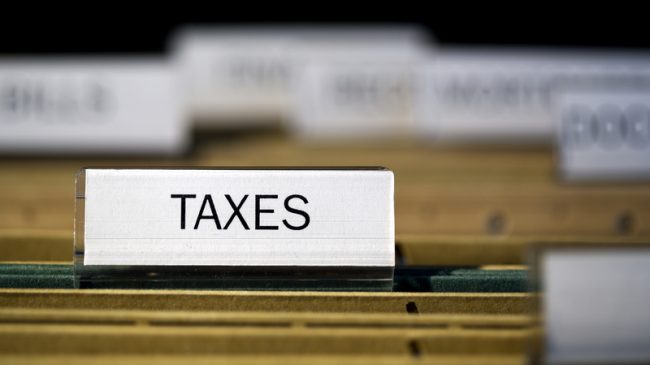The ongoing debate over the federal estate tax tends to focus on the tax’s economic impacts, such as on small businesses, employment and capital formation, as well as the very small percentage it constitutes of federal tax receipts. Less well known, however, is the significant harm the estate tax does to the ecology of the United States.
Private lands, especially large, intact pieces of land, are critically important to ecological conservation. Conversely, land broken into smaller pieces is generally of less ecological value. Unfortunately, the estate tax results in private land being broken up, subdivided and sold. Over the past several decades it has become increasingly apparent that:
1. A combination of factors leads to land being subdivided, sold and converted to less ecologically beneficial uses: the estate tax’s high rate and relatively low exemption, the requirement to pay the tax within nine months of a landowners’ death, and the fact that many landowners are land-rich and cash- poor, which means their assets consist largely of illiquid land. These factors are exacerbated by the “age cliff” (the growing average age of U.S. farmers, ranchers and forest owners), other federal laws, and the oil and gas boom on private land.
2. Evidence of the estate tax’s negative ecological impact comes from the experiences of landowners, empirical studies and expert opinion.
3. Existing measures and proposed reforms designed to address the estate tax’s negative ecological impact have fallen short because: they leave the ecologically harmful tax largely intact; they are complex, time-consuming, difficult, expensive and unpopular with most landowners; and they are ineffective.
4. The best option for fixing the ecological harm caused by the estate tax is to eliminate the tax altogether because landowners, who are increasingly wary of government conservation programs, are key to conserving these largest and most ecologically significant pieces of land. When they are forced off the land by the tax, conservation suffers.
The longer the federal estate tax is in existence, the higher the tax’s negative ecological impact, as progressively more of the largest and most ecologically significant private landholdings are broken up, subdivided, sold off and developed to pay the tax. Once this happens, land is gone forever as high quality wildlife habitat and loses many of its other ecological values. Whether Congress and other policymakers will grasp the ecological harm caused by the estate tax remains to be seen.
